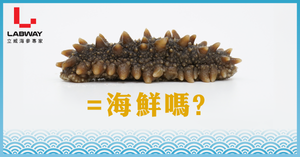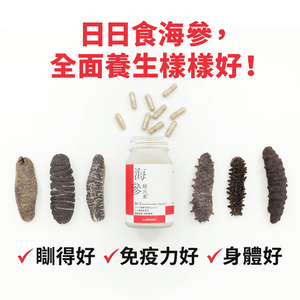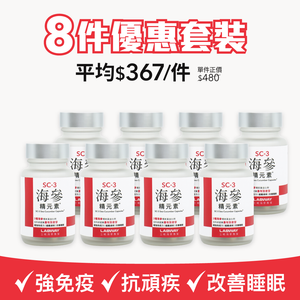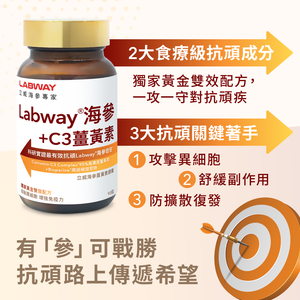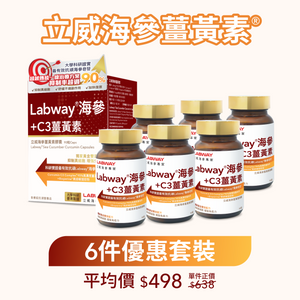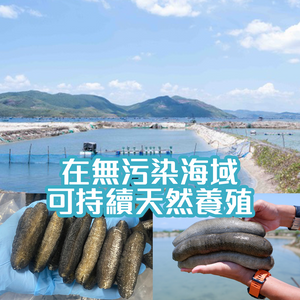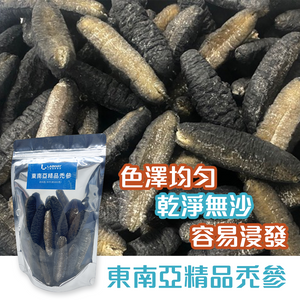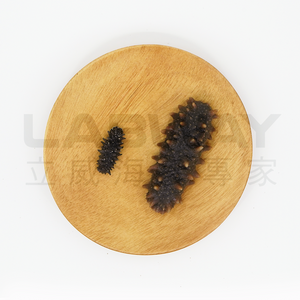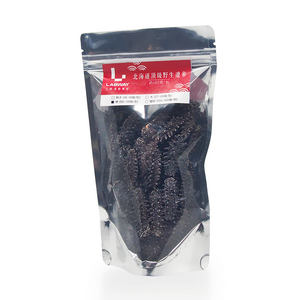Many people believe that sea cucumbers are a type of seafood, but sea cucumbers actually differ from typical seafood, primarily in their purine content.
Purine is a substance that can produce uric acid. For example, in patients with gout, consuming foods high in purine increases uric acid production, exacerbating the condition. Therefore, gout patients should avoid seafood because it usually contains high levels of purine. High-risk seafood like sardines and shrimp can contain up to 150-1000 milligrams of purine per 100 grams. However, sea cucumbers only contain 4.2 milligrams of purine per 100 grams, making them a low-purine food suitable for gout patients (foods with less than 25 milligrams of purine per 100 grams are safe for gout patients).
So, what exactly are sea cucumbers?
Sea cucumbers are considered one of the "eight treasures" of seafood. They are mild in nature and rich in nutrients, high in protein, low in fat, and low in cholesterol, making them very nourishing for the body.
What are the benefits of consuming sea cucumbers?
Many scientific studies have shown that sea cucumbers contain more than 50 nutrients beneficial to the human body. In addition to being high in protein, they also contain 18 types of amino acids, saponins and mucopolysaccharides. These nutrients enhance cellular activity and boost immunity.
Due to their variety of nutrients and mild nature, sea cucumbers are suitable for people with different constitutions. They are particularly recommended for individuals with diabetes, high blood pressure, cholesterol, or blood lipid issues.
Labway SC-3 Sea Cucumber Capsules® | 100% All Natural Sea Cucumber Capsules have been on the market for over 7 years, helping over 1,000 users!
Labway SC-3 Sea Cucumber Capsules® comprises of three types of wild sea cucumbers, completely natural and additive-free.
Taking 2 capsules daily is equivalent to consuming sea cucumber, containing unique sea cucumber saponins, sea cucumber mucopolysaccharides, 18 amino acids & more.

